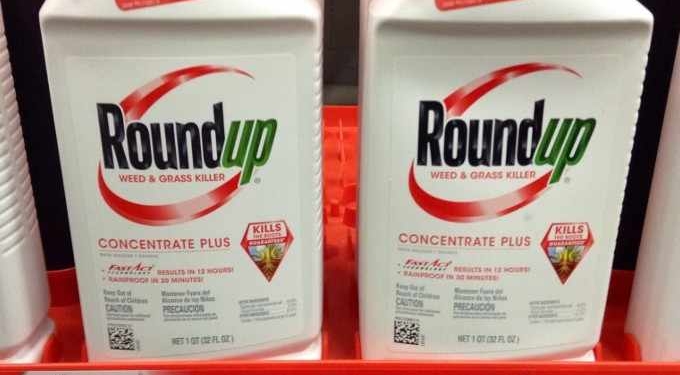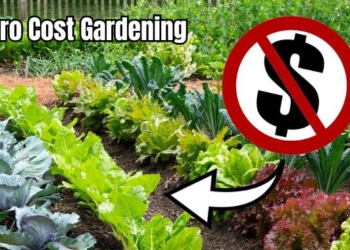
By Jessica Corbett | Common Dreams
Austria is on track to become the first country in the European Union to fully ban the world's most commonly used herbicide after the nation's lower house of parliament passed a bill Tuesday that would outlaw all uses of glyphosate, which researchers and global health experts have tied to cancer.
“The scientific evidence of the plant poison's carcinogenic effect is increasing,” the leader of Austria's Social Democrats, Pamela Rendi-Wagner, said in a statement. “It is our responsibility to ban this poison from our environment.”
Glyphosate is a key ingredient in Roundup—a product of Monsanto, a U.S. company that merged with German pharmaceutical giant Bayer last year. Reuters noted that “it is now off-patent and marketed worldwide by dozens of other chemical groups including Dow Agrosciences and Germany's BASF.”
In 2015, glyphosate was classified as a “probable carcinogen” by the World Health Organization's International Agency for Research on Cancer. Despite that designation, mounting public concerns, and a series of ongoing legal battles launched by cancer patients in the United States, Bayer has maintained that Roundup is safe—and regulators in both the U.S. and E.U. have continued to permit the widespread use of the weed killer.
Katharina Rall, a researcher with the Environment and Human Rights Division at Human Rights Watch, welcomed Austrian lawmakers' move as “good news.”
Following the lower chamber's vote Tuesday, German broadcaster Deutsche Welle reported that “unless Austria's upper house chooses to object the glyphosate ban, the bill will be signed into law by the country's president, Alexander Van der Bellen.”
DW pointed out that the ban, if it takes effect, will put Austria at odds with the E.U. policy on glyphosate.
This ban would apparently clash with E.U. rules, as, in 2017, the bloc cleared the herbicide for use for the next five years. The E.U. relies on the European Food Safety Authority (EFSA) and the European Chemicals Agency which did not classify glyphosate as carcinogenic. However, reports from earlier this year indicated that some European regulators were copying and pasting from studies conducted by Monsanto itself.
















